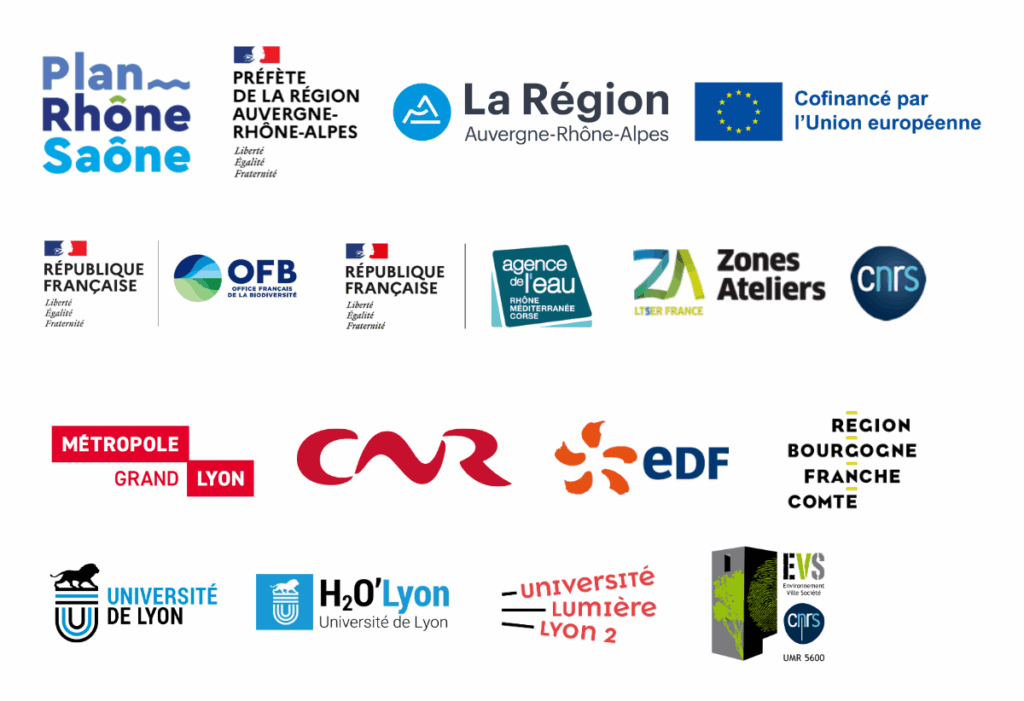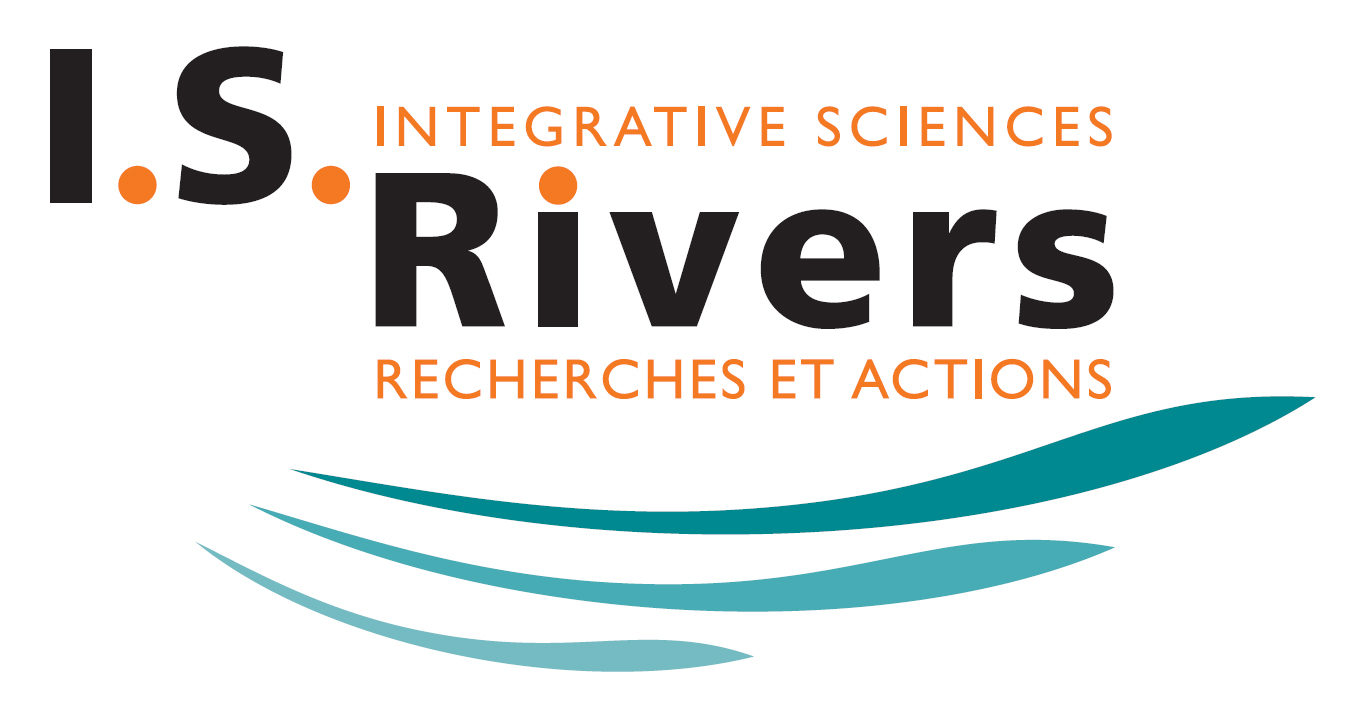From 30 June to 4 July 2025, the international community of rivers is meeting in Lyon for a week of conferences, workshops and technical tours.
With 117 orals, 114 posters and with over 400 people already registered from some thirty countries, I.S.Rivers is the ideal opportunity to share knowledge, experience and forward-looking thinking on behalf of the world’s rivers.
Whether you’re involved in water and river management, elected representatives or scientists, you’ll find the information and partners you need to enhance your practice and your research.
Focus on one of the major themes of I.S.Rivers 2025 – Rivers and society
At I.S.Rivers, a large number of papers from the social sciences provide invaluable insights into the relationship between rivers and society, as well as discussions on links, governance and desirable developments.
Join us as we share analyses and experiences from the Rio Magdalena, the Mitis River in Quebec, the Otogawa River in Japan and numerous European rivers.
The Magdalena River (Colombia): looking for a new management paradigm
Sébastien Velut, Marie Forget
The development of the Rio Magdalena is being hotly debated, with two main options: an interventionist approach to economic development made possible by the 2016 peace agreements, and a new approach that takes greater account of socio-ecosystems and heritage, promoted by Gustavo Petro’s government since 2022.
An invitation to discover the links that have been forged between this river and its riparian societies over the course of time, and to share the obstacles to implementing this new planning paradigm.
Session C1 – Tuesday 1st of july – 3pm
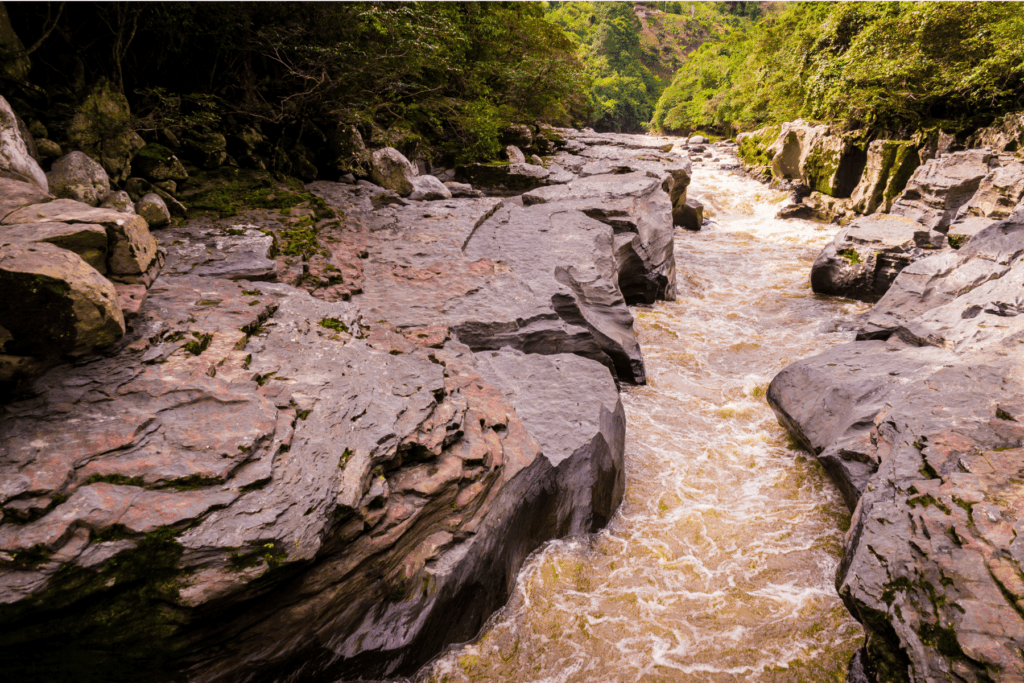
Breaking the ice! Integrating academic, local and management knowledge into flood mapping
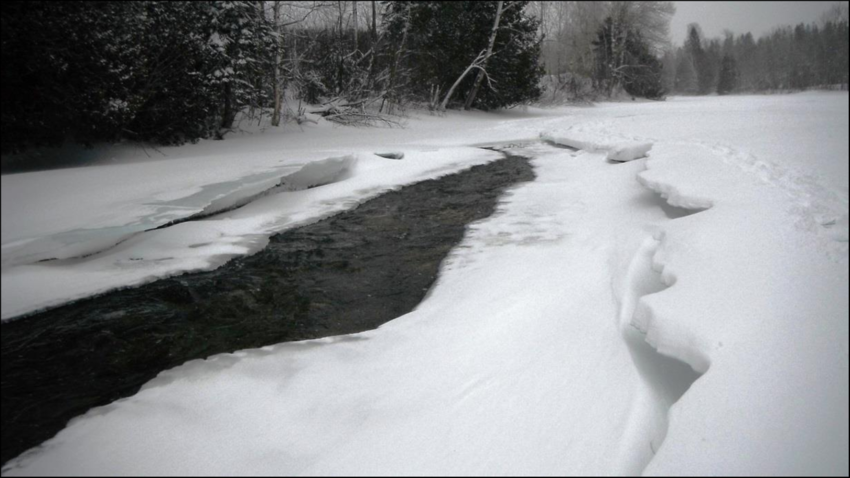
Zoé Martineu, Mélanie Trudel, Thomas Buffin-Bélanger et Julie Ruiz
Ice jams are a recurring phenomenon in many northern rivers, including those in Quebec (Canada), and have major economic and social impacts on riverside communities. To date, the prevention and mitigation of ice jams remain difficult, due to their unpredictability and the limitations of academic approaches.
A cartographic management tool applied to the Mitis River (Quebec, Canada) is being developed to combine the knowledge of academics, managers and riverside residents to provide a more complete picture of the phenomenon.
Session C2 – Tuesday 1st of july – 5:30pm
Transboundary Cooperation in River Basins: Issues and Challenges of Water Management in the Face of the Renaissance of Civil Nuclear Energy and Climate Goals
Aline Telle
With 17 European countries currently operating 167 nuclear reactors, water management for reactor cooling could become a central issue, particularly in the Rhône, Danube and other cross-border river basins. What is the potential influence of the civil nuclear renaissance on the management of water resources in cross-border river basins?
What cross-border cooperation strategies are needed to reconcile water resource management and the growing need for nuclear energy? A look at what is happening on the Rhône and the Danube.
Session C3 – Wednesday 2nd of july – 9:50am
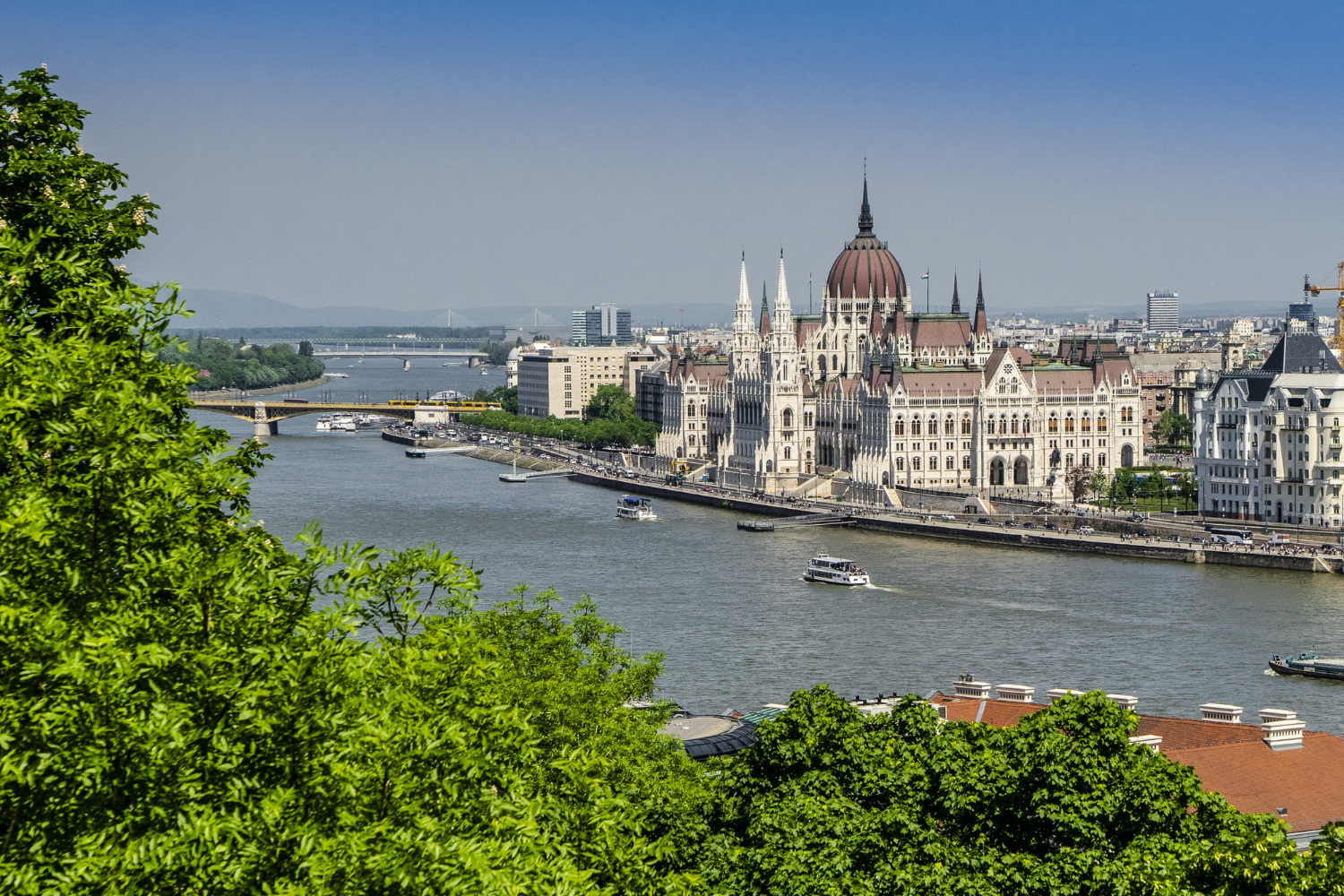
30 Years of Local Water Democracy, Issues and Current Context in the Face of Climate Change: The Case of the Drôme River Basin

Sabine Girard
Involving stakeholders in the planning of water management is the challenge that the Local Water Commission of the Drôme catchment area has been taking up for years. The Drôme region is experimenting with, and learning from, ways of democratising local water management. Should participation be open to a wide audience? How can the voices of those who are absent or in the minority be amplified? What ground rules should be put in place in the bodies involved?
Session C4 – Wednesday 2nd of july – 2pm
Expansion Process of Local Community Activities Stimulated by Urban River Restoration in Okazaki City, Japan
Yuta Itsumi, Takeyoshi Chibana, Satoshi Watanabe
The restoration of the river that runs through the town of Okazaki is a real benefit for its inhabitants. They are rediscovering it and enjoying it. Since its restoration, numerous activities have been organised along its banks. These activities are helping to raise local awareness of the river’s environmental and social value.Let’s find out more about this town and the links that its inhabitants have forged with its river.
Session C5 – Wednesday 2nd of july – 5:30pm

The Connected River : Innovating for safe shared uses of the waterfronts and waterways

Noémie Mené
Innovation is needed to meet the challenges facing waterways. Reconciling economic, ecological and environmental issues is a real challenge for their managers.
A number of experiments have been launched on waterways in the North Sea region to raise awareness of safety and the importance of port infrastructures, and to encourage people to use the banks.
Session C6 – Thursday 3rd of july – 9:10am
Exploring Urban River Bathing: Case Studies from Multiple European Cities
Yixin Cao, Oldrich Navratil, Nicolas Rivière, Anne Honegger
Bathing in urban rivers is a practice that is coming back into fashion in many European cities. An in-depth survey conducted in 9 European cities sheds light on the evolution of this practice of bathing in urban rivers, its cultural significance, design typologies and management challenges.
Session C7 – Thursday 3rd of july – 11:55am
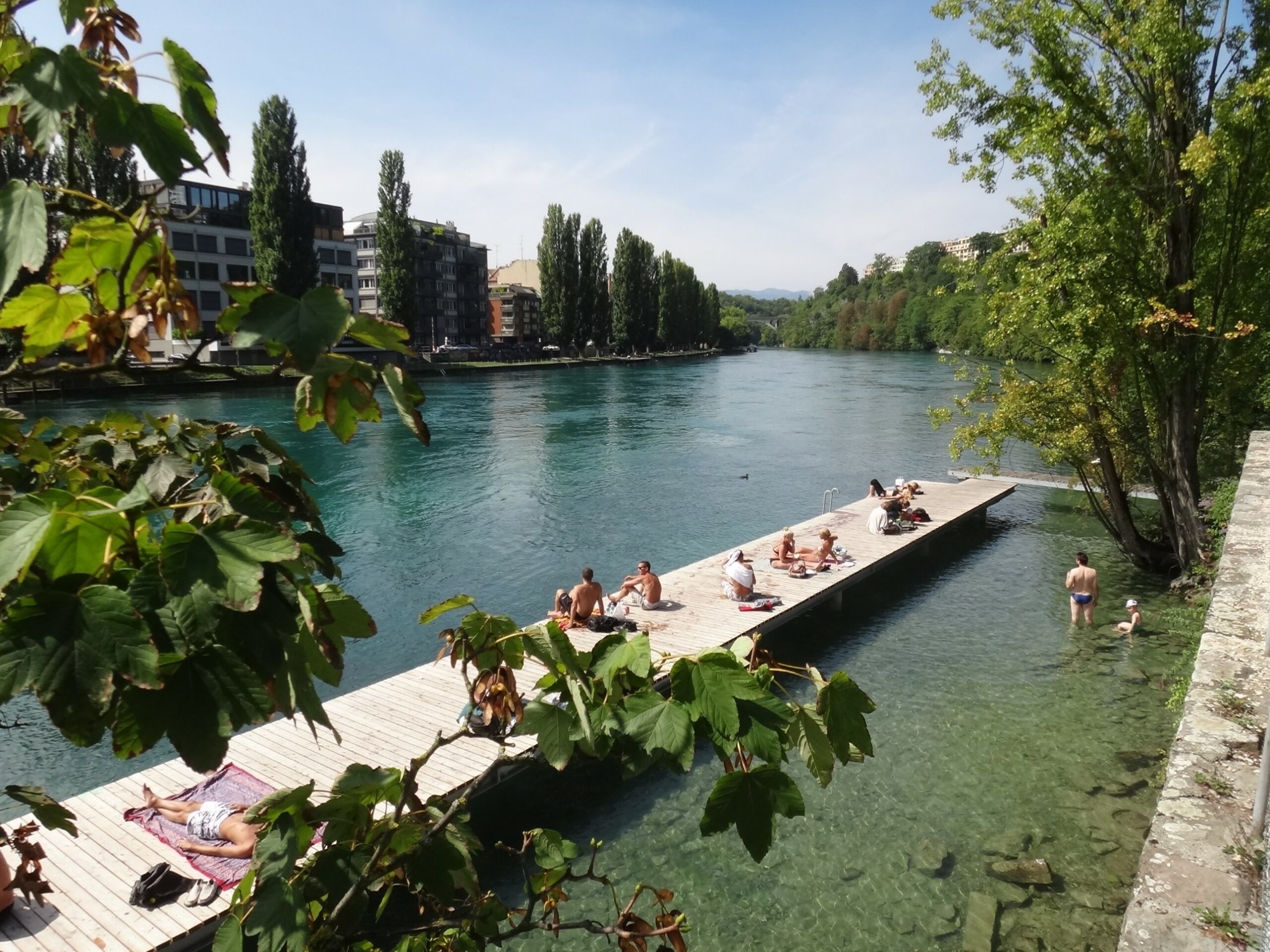
Partenaires techniques et financiers de la conférence
